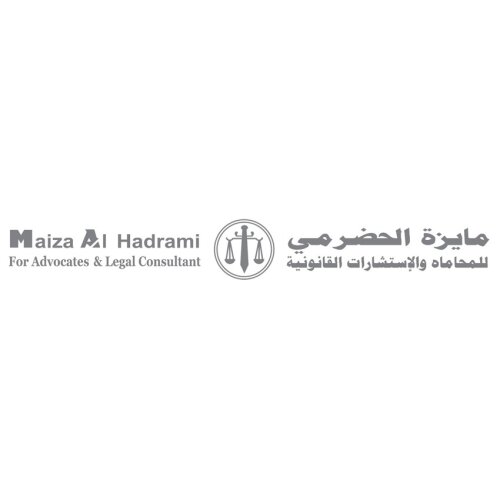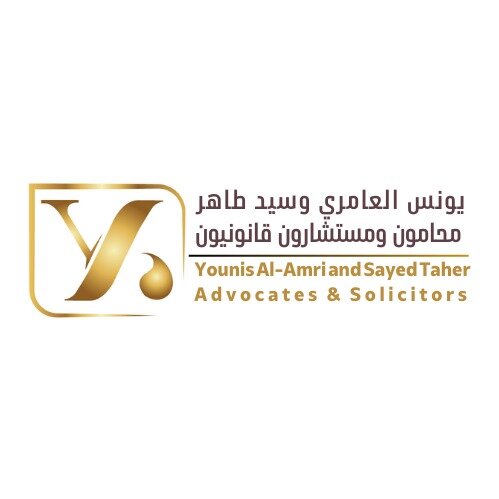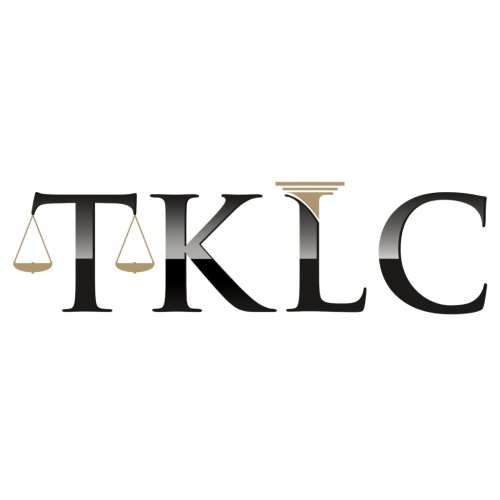Best Mortgage Lawyers in Oman
Share your needs with us, get contacted by law firms.
Free. Takes 2 min.
Free Guide to Hiring a Real Estate Lawyer
Or refine your search by selecting a city:
List of the best lawyers in Oman
About Mortgage Law in Oman
The mortgage landscape in Oman is primarily governed by Shari'a law combined with local regulations. Mortgages in Oman typically involve a bank or financial institution providing a loan to facilitate the purchase of a property, with the property itself serving as collateral for the loan. The Royal Decree and various ministerial decisions guide the execution, registration, and enforcement of mortgages within the Sultanate. While the mortgage industry in Oman has traditionally been conservative, recent developments have aimed to increase homeownership among citizens and expatriates by offering various mortgage products.
Why You May Need a Lawyer
There are multiple scenarios in which you may require legal assistance with a mortgage in Oman:
- Understanding Contracts: Mortgage agreements can be complex and filled with legal terminology. A lawyer can help review and explain the contract terms to ensure you understand your obligations and rights.
- Negotiating Terms: Legal advice can be invaluable when negotiating loan terms or dealing with disputes arising from the mortgage transaction.
- Property Disputes: If there are disputes related to property boundaries or ownership during refinancing or sale, legal intervention may be essential.
- Foreclosure Defense: In case of financial difficulties leading to foreclosure, a lawyer can help navigate the process and explore alternative solutions.
- Compliance with Shari’a Principles: Lawyers can provide guidance to ensure that mortgage arrangements comply with Islamic principles.
Local Laws Overview
The legal framework governing mortgages in Oman includes several critical aspects:
- The Land Law governs property ownership and the mechanisms for registering charges against properties.
- Property ownership is allowed for Omani nationals and certain expatriates, subject to regulations outlined in the Royal Decree.
- The mortgage registration process involves the Public Authority for Real Estate Affairs, ensuring transparency and security in transactions.
- Foreclosure processes and lender rights are clearly defined, allowing for the protection of borrower rights while enabling lenders to recover debts.
- Islamic financing options must adhere to Shari’a principles, meaning that certain conventional interest practices are replaced with profit-sharing mechanisms or fixed fees.
Frequently Asked Questions
1. Who is eligible to take out a mortgage in Oman?
Typically, Omani nationals and certain expatriates holding residency permits can apply for mortgages. Expatriates may face restrictions based on property location and bank policy.
2. What is the typical interest rate for mortgages in Oman?
Interest rates can vary but usually fall between 4% and 7%. Islamic mortgage rates may differ as they are structured to comply with Shari'a law.
3. Can expatriates own property in Oman?
Yes, expatriates can own property in specific areas designated by the government, known as Integrated Tourism Complexes (ITCs).
4. How is a mortgage obtained in Oman?
A mortgage is typically obtained by applying through a bank or financial institution. Documentation such as proof of income, residency status, and property valuation will be required.
5. What happens in case of mortgage default?
If a borrower defaults, the lender can initiate foreclosure proceedings to repossess and sell the property, depending on the terms agreed upon and local regulations.
6. How long does it take to get a mortgage approved?
The approval process can take from a few weeks to a couple of months, depending on the complexity of the application and compliance checks.
7. Can mortgages be refinanced in Oman?
Yes, refinancing is possible and often pursued to take advantage of better interest rates or modified loan terms.
8. Are there penalties for early repayment?
Many banks have a penalty clause for early repayment, typically ranging from 1% to 5% of the outstanding loan amount, but this depends on the specific loan agreement.
9. What is the maximum loan-to-value (LTV) ratio allowed?
The LTV ratio generally ranges from 70% to 80%, depending on the bank's policy and whether the applicant is a national or expatriate.
10. Can a lawyer represent my interest during a mortgage transaction?
Yes, having a lawyer can ensure that all aspects of the mortgage process are handled professionally, protecting your interests throughout the transaction.
Additional Resources
Consider the following resources for more information and assistance regarding mortgages in Oman:
- Ministry of Housing and Urban Planning: Administers policies related to real estate and housing in Oman.
- Public Authority for Real Estate Affairs: Handles property registration and provides public information about real estate regulations.
- Oman Real Estate Association: Provides resources and support for property owners and investors in Oman.
- Central Bank of Oman: Offers guidance on financial regulations, including banking practices related to mortgages.
- Legal Firms Specializing in Real Estate: Seek out local law firms with expertise in mortgage law to guide through legal procedures.
Next Steps
If you require legal assistance concerning a mortgage in Oman, here are the steps you should consider:
- Gather all relevant documentation relating to your mortgage or property, including contracts, payment records, and correspondence with lenders.
- Identify the specific area of legal help required - whether it's contract review, negotiation, refinancing, or dispute resolution.
- Engage a lawyer with experience in Omani real estate law, preferably someone familiar with both local and Shari’a compliance.
- Schedule an initial consultation to discuss your situation and explore your legal options.
- Develop a plan of action with your lawyer based on their advice and the particular aspects of your case.
Lawzana helps you find the best lawyers and law firms in Oman through a curated and pre-screened list of qualified legal professionals. Our platform offers rankings and detailed profiles of attorneys and law firms, allowing you to compare based on practice areas, including Mortgage, experience, and client feedback.
Each profile includes a description of the firm's areas of practice, client reviews, team members and partners, year of establishment, spoken languages, office locations, contact information, social media presence, and any published articles or resources. Most firms on our platform speak English and are experienced in both local and international legal matters.
Get a quote from top-rated law firms in Oman — quickly, securely, and without unnecessary hassle.
Disclaimer:
The information provided on this page is for general informational purposes only and does not constitute legal advice. While we strive to ensure the accuracy and relevance of the content, legal information may change over time, and interpretations of the law can vary. You should always consult with a qualified legal professional for advice specific to your situation.
We disclaim all liability for actions taken or not taken based on the content of this page. If you believe any information is incorrect or outdated, please contact us, and we will review and update it where appropriate.
Browse mortgage law firms by city in Oman
Refine your search by selecting a city.

















